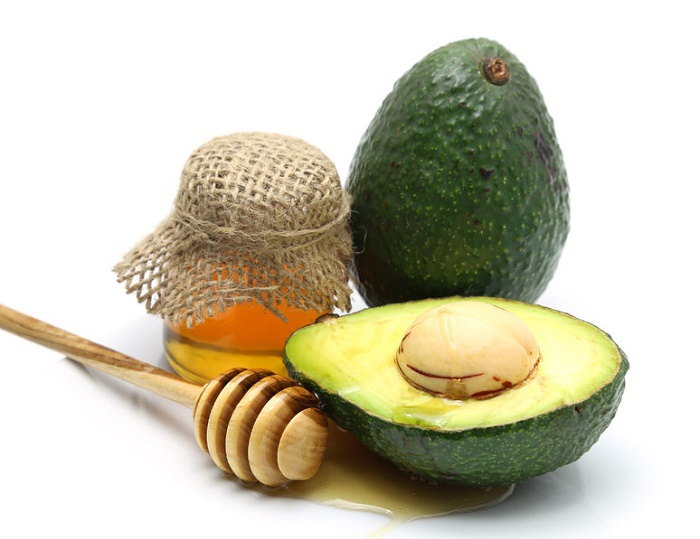low glutathione levels could be affecting your health

Like many people, you may have never heard of glutathione before, much less heard it out loud. Glutathione is one of the most critical, adaptable, and powerful antioxidants your body produces, and having low glutathione levels could be affecting you in the following ways.

Although the human body makes its own glutathione, there are a host of things that can drain or counteract the glutathione levels in your body. The low levels of glutathione initiate oxidative stress, which in the long run is bad news for your health.
Oxidative stress occurs when there are more free radicals than antioxidants in cells. The antioxidants, such as glutathione, are responsible for neutralizing free radicals, so when both are unbalanced, damage occurs in the DNA, tissues and cells.
Oxidative stress also plays a key role in accelerating our body’s natural aging process. Unfortunately, prolonged and excessive oxidative stress can also damage the liver and decrease its detoxification ability.
Aging, chronic stress, environmental toxins, pollution, poor nutrition, infections, disease, and radiation are all causes of glutathione depletion in the human body.
Wi-Fi overexposure is even believed to contribute to poor health and glutathione depletion. With today’s hectic lifestyles and poor diet, we are all exposed to many of these things every day.
Fortunately, there are some very effective ways to replenish the glutathione level in your body no matter how old you are.
Read on to learn more about how the body uses glutathione, why it is so crucial, and how low glutathione levels could be affecting your health, and what to do about it.
Table of Contents
Ways low glutathione levels can affect your health
According to functional medicine experts at Rahav Wellness in New York, “glutathione helps activate enzymes and detoxify the body.” Defends against toxin build-up and prevents cellular damage from harmful free radicals.
When cells are damaged, inflammation occurs. This inflammation can lead to some serious health problems, including autoimmune problems and certain types of cancer.
As one of the most essential and dynamic antioxidants in the body, maintaining optimal glutathione levels is exceptionally critical. Here are the main ways that low glutathione levels can affect your health:
- Low energy levels and chronic fatigue syndrome
- Joint and muscle pain
- Mental fog and lack of focus
- Weak immune function and susceptibility to chronic infections.
- Insomnia and other sleep disorders.
- Increased risk of heart disease.
- Increased risk of cancer.
- Possible liver and kidney disease
- Autoimmune disorders
- Neurological disorders, such as Alzheimer’s and Parkinson’s.
- Arthritis
- Asthma
- Slow metabolism
- Poor skin, nail and hair health.
If you have any of these health problems, you may be suffering from low glutathione levels.
Can you have too much glutathione?
On the other hand, is it possible to have too much glutathione? Surprisingly, the answer is no. There is no scientific evidence to show that having high glutathione levels could be a problem. Quite the opposite. Studies show that high levels of glutathione promote excellent mental and physical health.
How the body makes and uses glutathione
This incredible antioxidant does more than fight free radicals, it also recycles other antioxidants. Glutathione is made up of three vital amino acids: glutamine, cysteine, and glycine.
Your body’s liver produces it, reduces it, and regenerates it. It attracts free radicals, heavy metals and sulfur from the body and helps the liver to expel them.
It’s more than an antioxidant, it also helps with several crucial body functions, including:
- Build DNA
- Supports the immune system
- Regenerates vitamins E and C
- Form and function of certain enzymes
- Helps the gallbladder and liver handle fats
How to increase your glutathione levels
The fastest and most effective way to increase your glutathione levels is to receive an IV (intravenous) nutritional drip that contains glutathione. A qualified IV therapy clinic can evaluate your medical history and evaluate your blood glutathione levels to see if you are a good candidate for IV glutathione therapy.
It’s a great way to get your levels up quickly, so you’ll start to feel better right away.
There are a few ways to increase your glutathione levels on your own, but it will take longer. Studies show that if you exercise for at least 40 minutes, three times a week for six weeks, your glutathione levels will increase.
Following your workouts with a serving of whey protein can also help. Whey protein contains cysteine, an essential amino acid that is a building block of glutathione.
Cysteine is often the rate-limiting factor in its production, as the other amino acids tend to be more abundant in the average diet.
Getting enough sleep is also essential, but this can be difficult as insomnia is a common problem in people with low glutathione levels. Chronic insomnia actually triggers oxidative stress and depletes glutathione.
If you have this problem, you may consider trying a natural sleep remedy like melatonin to see if it helps.
You can also increase your glutathione levels over time by including more sulfur-rich foods in your diet. Sulfur is essential for the production of glutathione.
Sulfur-rich foods include garlic, onions, cruciferous vegetables (such as broccoli and kale), and most meat. On the other hand, dairy and grains are low in glutathione.
Adding a vitamin C supplement to your daily routine can also increase glutathione levels in the blood. Vitamin C is necessary for many bodily functions, and it is also an antioxidant. Converts glutathione that has been oxidized back into usable form.
Some herbal supplements can also help. Turmeric (or curcumin extract) has been shown to increase glutathione levels when taken in highly concentrated form.
Milk thistle supplements also prevent the degeneration of glutathione, which leads to a higher level in the body. Milk thistle is also good for protecting the liver, which suffers when glutathione levels are low.
Alcohol is detrimental to your health in many ways, probably not surprising that it lowers your glutathione levels as well. If you want to increase the level of glutathione in your body, avoid going overboard with alcohol.
In fact, studies show that glutathione taken intravenously can help undo some of the side effects that alcohol abuse has on the body by reducing cell damage.
Low glutathione levels can have a severe impact on your health. Increasing the level of this essential antioxidant should be a priority in everyone’s health and wellness routine.
If you suffer from chronic health problems due to low glutathione levels, an IV glutathione is the quickest way to get your levels back where they should be, but it is also helpful to adopt any of the aforementioned ways.
Always consult with an expert before starting therapy on your own. If you are interested in this type of therapy, you should check your glutathione levels in laboratories and see if that is really where the problem is manifesting itself or is it another to which you should also pay attention.


